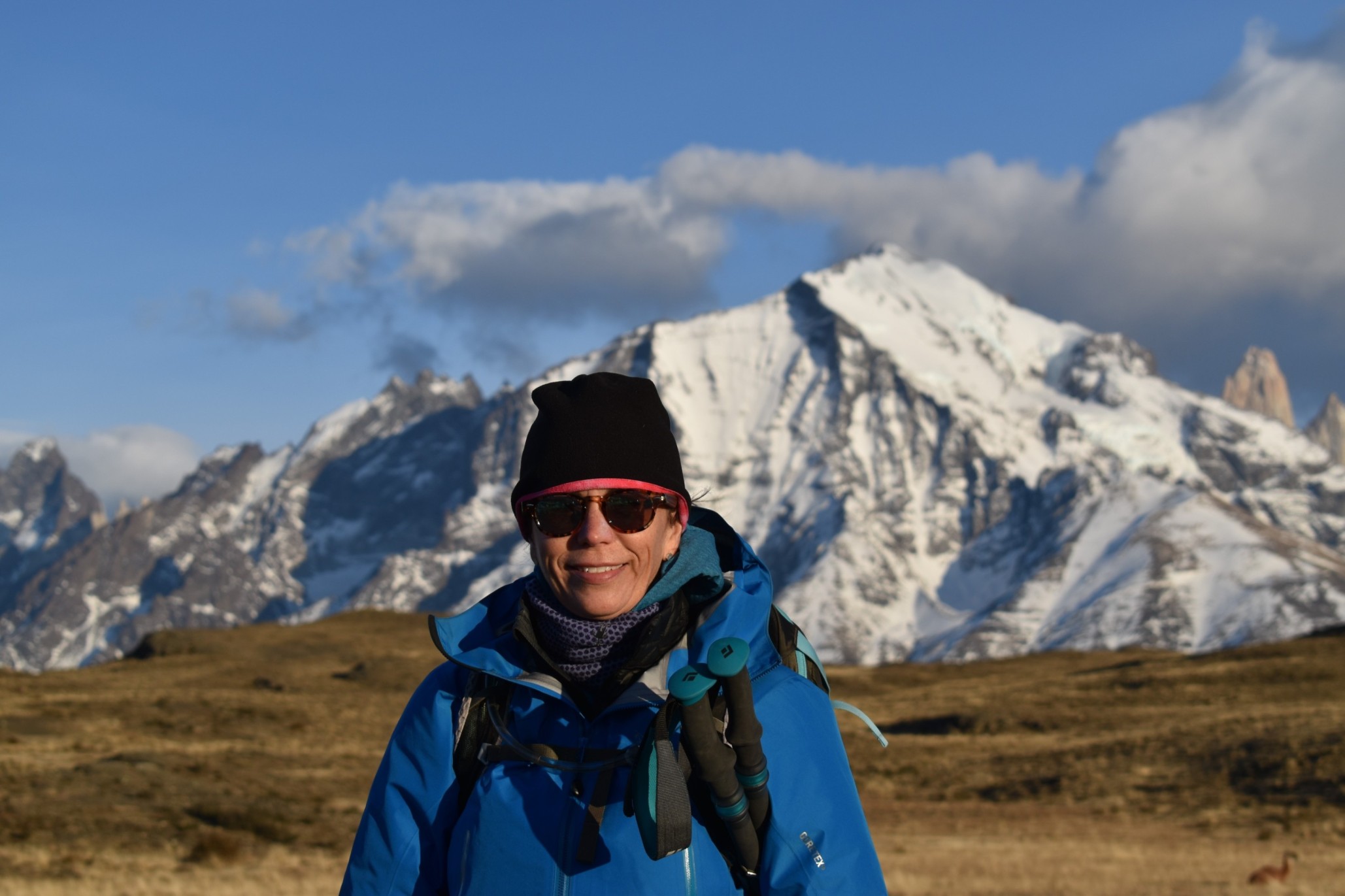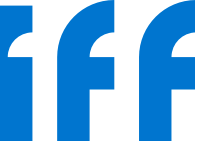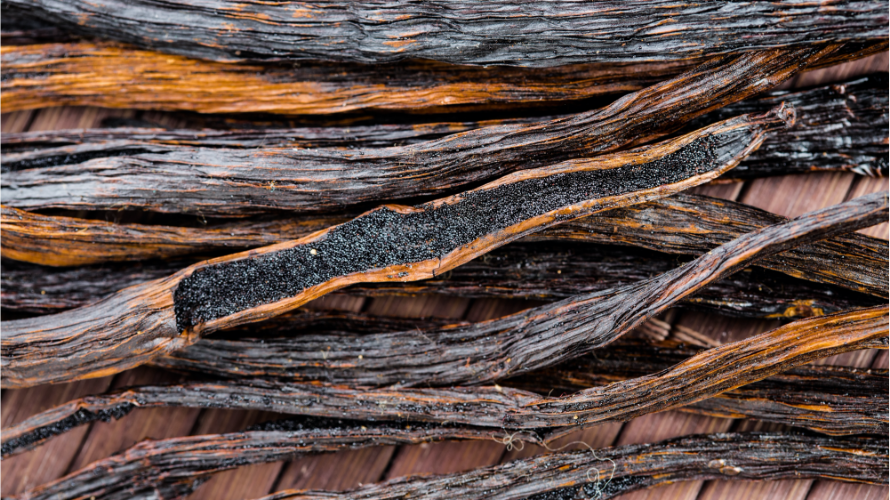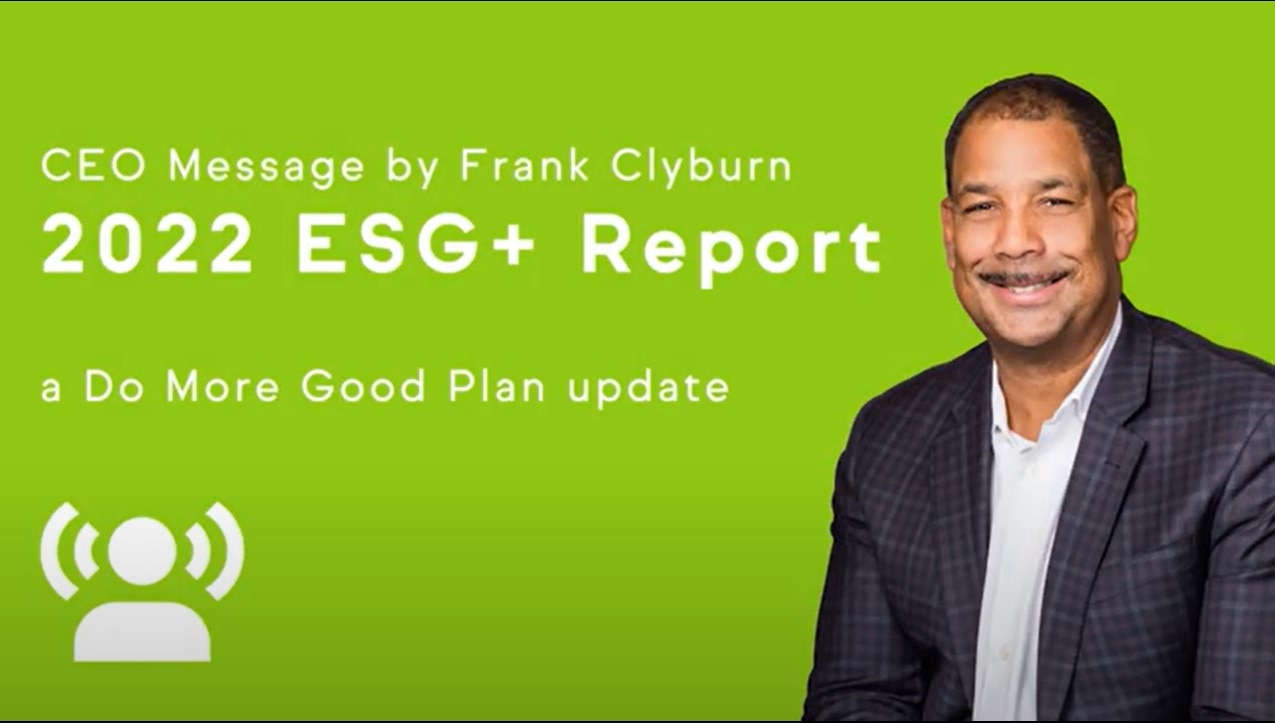
The Science & Creativity of Sustainable Seaweed
When harvested responsibly, seaweed has the potential to address some of the world’s biggest sustainable development challenges through nature-based solutions.
Over the last few years, IFF has expanded our global leadership position in many high-value ingredients across key categories, including those derived from seaweed. Now, as one of the world’s largest global buyers and harvesters of red and brown seaweed for hydrocolloids (such as alginates and carrageenan that are essential ingredients for many foods, pharmaceuticals, fertilizers and cosmetics), IFF is excited to continue and further strengthen the impressive legacy of the Seaweeds Responsible Sourcing Program (SRSP) and achieving many industry ‘firsts.’
Inspiring Responsible Sourcing
As leaders in the hydrocolloid industry, our teams carefully source red and brown seaweed from cold and warm water locations around the world. We process both fresh and dry seaweed to produce best-in-class alginate and carrageenan products for customers in our Nourish, Health & Biosciences and Pharma Solutions divisions. For decades, our seaweed experts have worked hand in hand – both above and below the water – with thousands of seaweed farmers and harvesters in Southeast Asia, the Western Indian Ocean and along the coasts of Norway, Iceland, Australia, Latin America, Canada and Morocco. This holistic and collaborative approach to planting, growing and harvesting seaweed is fully aligned with IFF’s long history of preserving natural resources while strengthening local communities.

Seaweed harvesters along the coast of Norway are adopting the Good Practices of the Responsible Seaweed Program.
The SRSP seeks to continuously improve the social and environmental performance of our seaweed cultivation and harvesting processes, as well as to inspire sustainable production across the wider hydrocolloid industry. To achieve these objectives, we are working at the important intersection of both science and creativity.
Science-driven Conservation Solutions
At the core of the SRSP’s continuous improvement process is a comprehensive set of “Environmental & Social Good Practices for Seaweed Harvesting” (“the Practices”) that include a variety of key sustainability criteria, from the protection of coral reefs and limiting shading on sea grasses to worker safety. The Practices were developed in partnership with the Anderson Cabot Center for Ocean Life at the New England Aquarium (ACCOL) – a cutting-edge marine research institution in Boston, Massachusetts, U.S. – as well as with an independent advisory group of subject matter experts. ACCOL also evaluates the performance of seaweed harvest areas. ACCOL conducts second-party evaluation against the Practices and provides support for improvement paths forward. The criteria are periodically reviewed to reflect the latest science and incorporate lessons learned from the implementation of the SRSP.
“The partnership between the Anderson Cabot Center, IFF and IFF’s harvest areas in the program has been both rewarding and impactful, as we work together to embrace science- based solutions for continuous improvement, both as it relates to responsible seaweed harvesting as well as to broader ecosystem health and marine biodiversity,” says Matt Thompson, Project Lead at the Anderson Cabot Center for Ocean Life. “IFF harvest areas are increasingly adopting the Practices; for example, a key harvest area has introduced a system to record any unintended catch of marine life in addition to the seaweed, which helps reinforce evidence that the gear used has minimal impacts.”
We have also started to share these Practices with our upstream seaweed farmers to engage them in capacity building and training opportunities, including providing guidance on plastic waste management. Since 2019, more than 500 seaweed farmers in Indonesia were trained using these environmental and social criteria. We also promote opportunities to bring in new recruits and explain how families can make a living as seaweed farmers.
“The most rewarding thing to see is how people’s lives have improved since they’ve joined this industry,” says Erick Ask, Senior Scientist at IFF. “People protect what they love, and because their livelihoods depend on it, farmers take an active role in conservation while raising awareness about the health and cleanliness of the ocean in their own communities.”

IFF and its Indonesian supplier worked with farmer groups to create plastic debris collection stations like this one, and to promote regular beach and community cleanups.
Creating Industry Innovations
Our passion for science-driven seaweed farming has also led us to develop creative innovations that we are proud to see others in the hydrocolloid industry now using widely. Back in the early 2000s in Zanzibar, our seaweed experts saw an opportunity to increase efficiencies. Farms are on sandy bottoms in the intertidal and farmers work during the few hours of low tide. In the past they would carry their harvest (typically weighing about 20 kg or 44 lbs) on their heads to the drying area about 500 to 1,000 meters away. By the time they returned to the water to work, the tide would have come in, preventing further harvesting. Erick Ask collaborated with a North American sports watercraft company to develop a more durable, lightweight boat or “seaweed barge” that could carry up to 400 kg (nearly 900 lbs) of seaweed in just a few centimeters of water as the tide came in – replacing the traditional expensive dugout canoes made of heavy wood linked to deforestation.

Within just one month of deploying the “seaweed barge” innovation, seaweed farmers’ productivity in Zanzibar quadrupled, bringing new efficiencies and greater economic security.
In addition to being the first in the industry to develop the “seaweed barge,” our experts also invented the “Made Loop,” (pronounced “Maudie”) after Made Simbik, a key figure on our team at the time who developed a better system for attaching seaweed cuttings to ropes, thereby increasing farmer productivity and decreasing waste.

The Made Loop is a seaweed farming innovation that drives efficiency and productivity using cost-effective, commonly available materials.
We also support sustainable innovations in our own operations to drive efficiencies. In addition to our largest seaweed processing sites being ISO14001:2015 certified, we have actively phased out coal as an energy source in all seaweed plants globally and we are focused on expanding the use of renewable energy in line with IFF’s energy management goals. For example, one of our seaweed production sites uses geothermal energy for seaweed drying. In collaboration with an industry partner, we are also supporting the circular economy by upcycling a byproduct of the carrageenan extraction process that would otherwise be discarded to derive a mineral rich, pH-balancing soil enhancement for agriculture applications in the United States.
The Power of Stakeholder Engagement
To continue to build on the success of the SRSP, we know we can’t do this important work alone. By regularly engaging with relevant stakeholders, we are not only improving our own processes and helping our customers achieve their sustainability goals, but also supporting the health of the world's aquatic ecosystems. IFF staff bring years of on-the-ground experience to support third-party frameworks and other advancements in sustainable seaweed production. In addition to contributing to the development of the ASC-MSC Seaweed Standard and the Best Aquaculture Practices (BAP) Seaweed Farm Standard of the Global Seafood Alliance (GSA), we are members of the Global Seaweed STAR project Advisory Board.
In addition, IFF is a signatory of the Seaweed Manifesto, a visionary statement for the industry that describes how seaweed can contribute to achieving the U.N. Sustainable Development Goals through food security, climate change mitigation, poverty alleviation and support for marine ecosystems.
As a member of the U.N. Global Compact (UNGC), we also aim to inspire others in the industry to promote greater environmental responsibility. We have contributed to the Practical Guidance for the UNGC Sustainable Ocean Principles: Seaweed, intended to promote ocean health and emphasize the shared responsibility of all businesses to secure a productive marine ecosystem.
Learn more about our commitment to seaweed, the raw material used to produce carrageenan & alginate.



